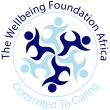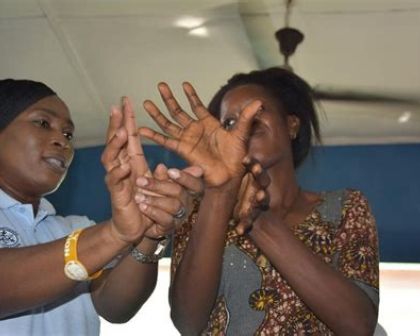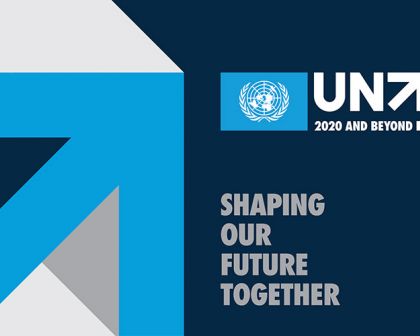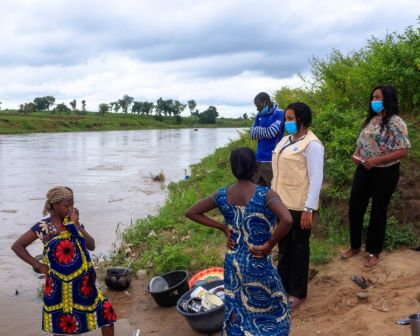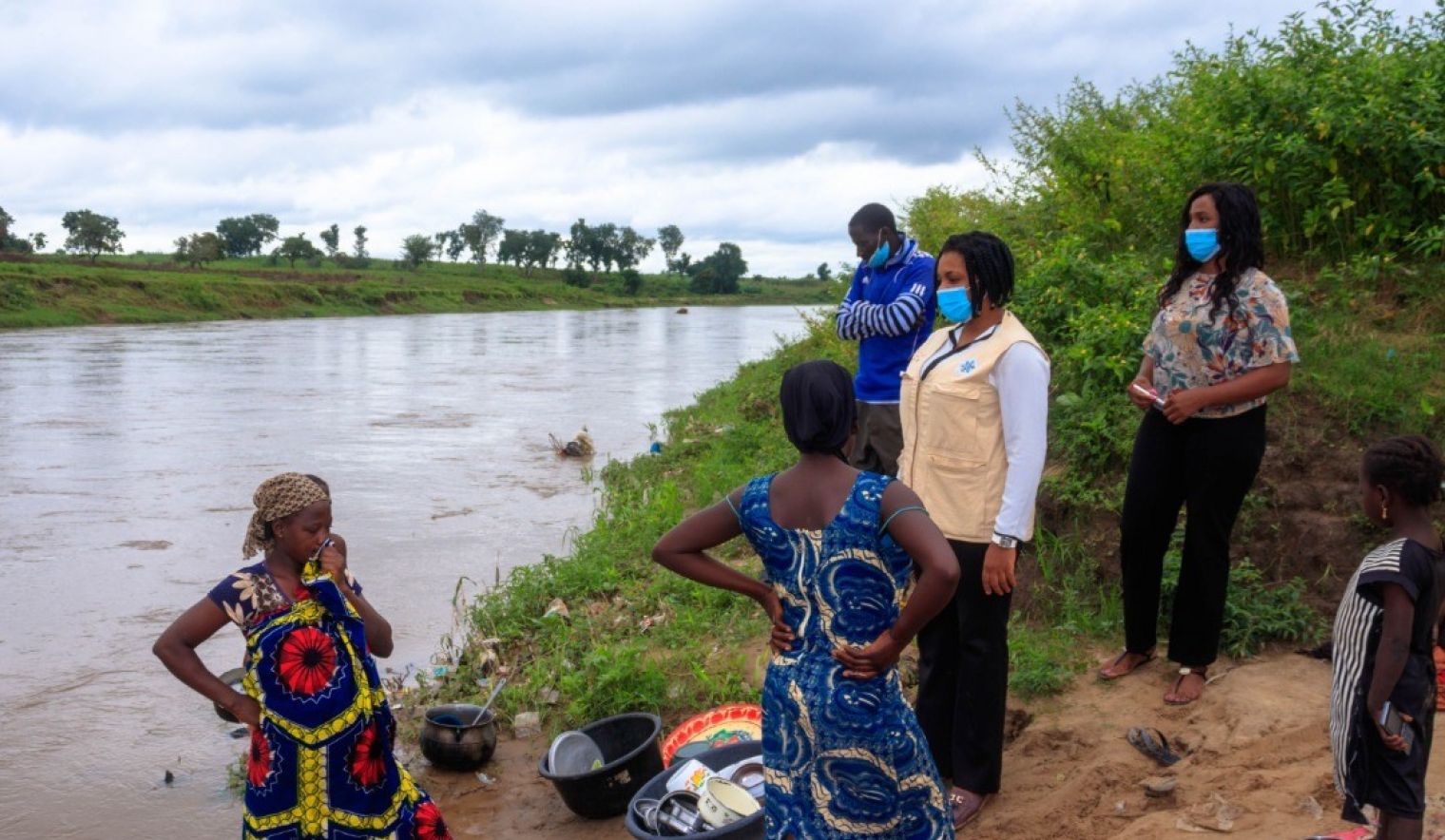
Q3 UNFPA RMNCAH+Nutrition Ward Development Committee Sensitization Program.
Maternal and child undernutrition is highly prevalent in low-income and middle-income countries, resulting in substantial increase in mortality rates and Disability-Adjusted Life Years (DALYs). Nutrients deficiencies such as iron, vitamin A, Zinc, etc. are a major contributing factor to these mortality rates and increase disease burden, which makes it a compelling case for the urgent implementation of interventions to reduce their occurrence or ameliorate their consequences.
According to the Global Health Observatory, as managed by the World Health Organization (WHO) and other United Nation’s partners, Nigeria’s maternal mortality ratio stands at 814 deaths per 100,000 live births, and its neonatal mortality rate is 34.7 deaths per 1,000 live births.
COVID-19 pandemic as we have observed did not only stretch our health system, but also subjected most economies to a recession. The halt or decline in most economic activities resulted in the retrench of many workers, affected the supply chain, subjected many families to untold hardship as many could not afford quality food due to the hike in prices of goods. These challenges made our sensitization to 30 different communities in Abuja metropolis in Spetember 2020 timely and invaluable in enlightening people on cheap, local and readily available nutrition-rich foods that they can eat to strengthen their immune system, which is crucial in the fight against this virus that has put the whole world on its toes.
Our advocacy activities to these communities was a follow up on our previous efforts to ensure adequate nutrition at all age grades, especially for mother and child. This programme commenced in 2019 by United Nations Population Funds (UNFPA) through The Wellbeing Foundation Africa (WBFA) as an implementing partner with a focus on Reproductive, Maternal, Newborn, Child and Adolescent Health (RMNCAH) +Nutrition, which is also in accordance with the goals of Nigeria's Food and Nutrition Policy to improve the nutritional status of all Nigerians, with particular emphasis on the most vulnerable groups, i.e., children, women, and the elderly.
Our approach involves bringing together the Ward Development Committees (WDCs) members and healthcare workers who are residents in these communities and educating them on RMNCAH+Nutrition, who in turn continued the sensitization activities and pass on what was taught to the people of the community. As a way to monitor and evaluate our intervention, we carry out visits to these community members where we assessed them to identify knowledge gaps, which were addressed and further stressed during our meeting with the Ward Development Committee members.
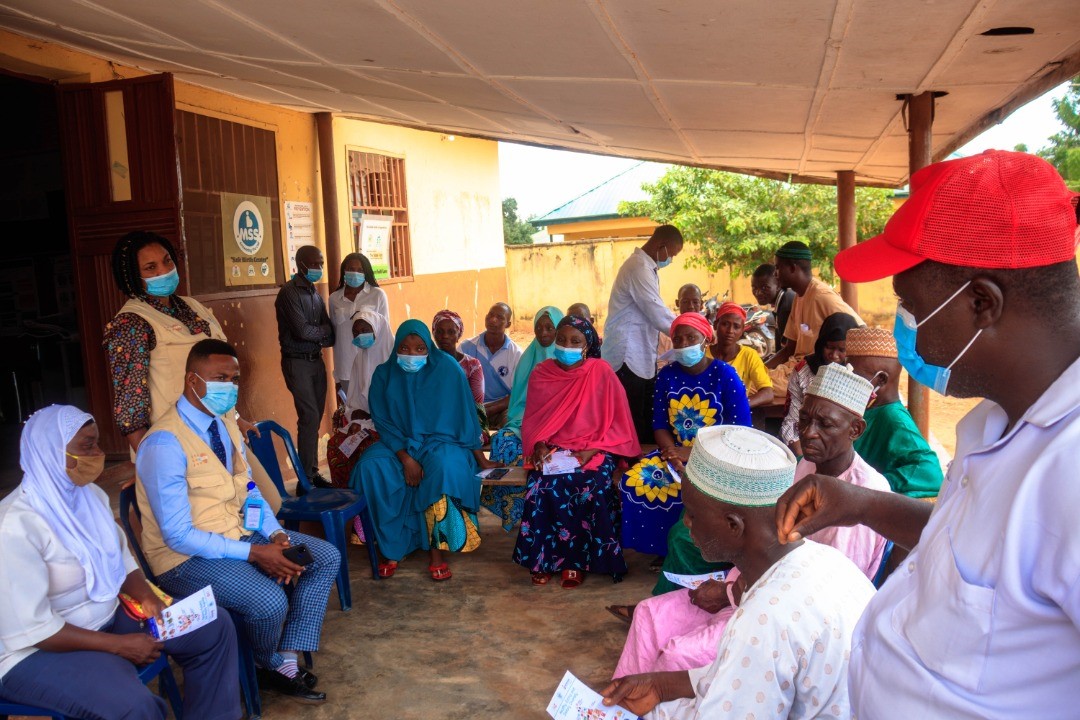
Our team noticed that there was an increased awareness of nutrition in these communities, which goes to show the success of previous sensitization efforts, but most of the communities visited complained of a lack of money to buy needed food, and pleaded for government intervention especially during this C0VID-19 pandemic. Also, according to Mrs. Perpetual Umeh, a staff midwife, there has been an increased number of antenatal and immunization visits in Old Kuntun and Town clinic, but the only challenge was that during one on one sensitization in the community, some people still discourage pregnant women from antenatal visits.
In some communities, there was increased uptake of Family Planning services, but some still discourage their wives from coming for Family Planning. The WDCs members suggested that it will be better for us to engage them directly, that even after much effort to educate them, they still maintain their stand. Some men complained in Bonugu community that their wives deny them sex even after Family Planning education, which we observed was due to the wrong perception of Family Planning. Our team also noticed a fairly increased uptake of nutritional services among adolescents, but a decreased uptake of reproductive health services. Sixty percent of the WDCs requested a community outreach targeted towards adolescents to ensure there is an increased uptake of reproductive health.
In 12 (40%) facilities visited, we observed Respectful Maternal Care was not practiced. In Dafa community, the WDCs complained of the poor attitude of health workers to the women of the community, and this has resulted in many women boycotting the health facility and seeking help elsewhere. We observed infrastructural decay in Igu PHC, Bwari LGA. Some of the wards were flooded and the toilets were very bad.
Some of the challenges experienced in the course of the exercise were bad roads, particularly Ibwa community and our team had to go on motorcycles and in some cases on foot. Ibwa WDCs also complained of unhygienic water in the community, which poses a lot of threats to the people and makes them susceptible to infections. We could not access the facility in Kwako community due to security issues, as there have been kidnappings in the road leading to the community.
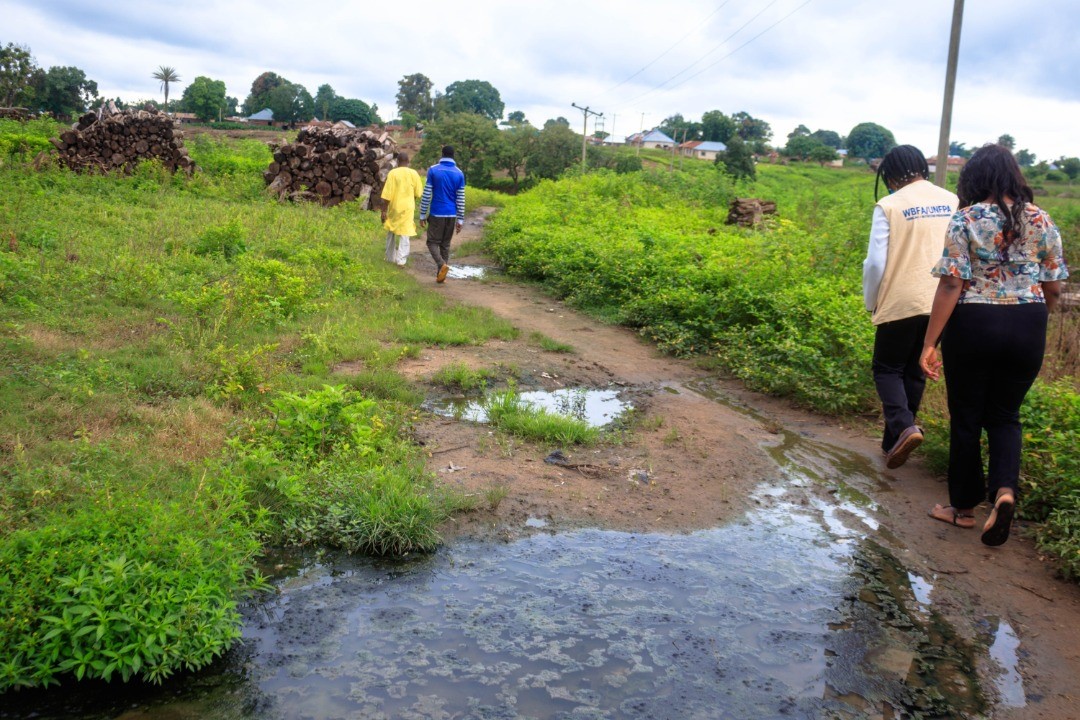
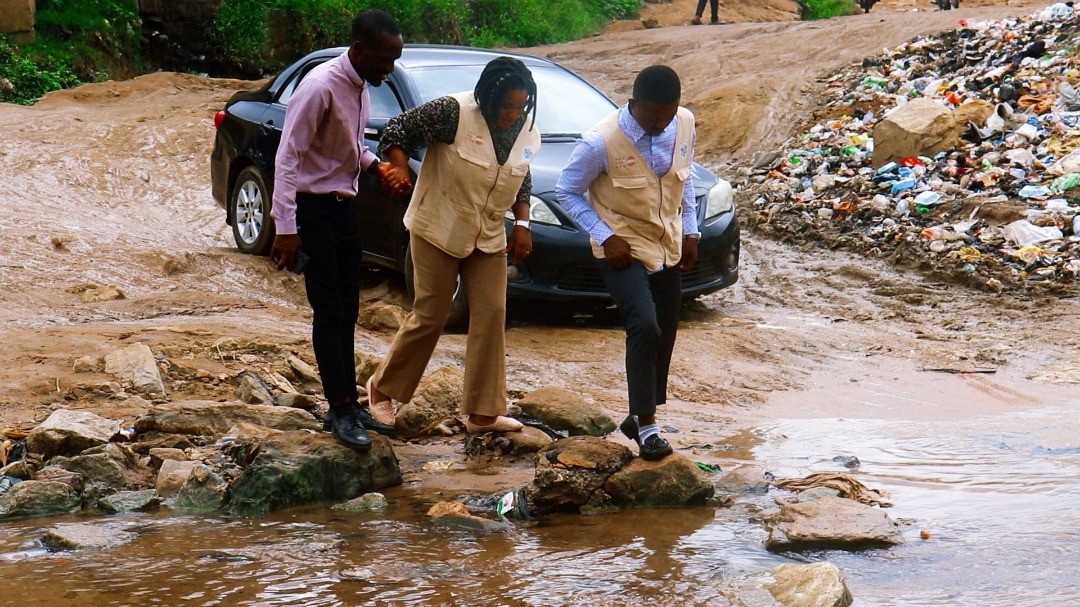
Our recommendations to UNFPA were the need to create more awareness on sexual and reproductive health in all the communities, targeted towards adolescents, they can leverage on WBFA Adolescent PSHE programme to reach out to them. There should also be retraining of WDCs members to drive the goals of the sensitization, there should be a focus on Village Development Committees (VDCs), as some representatives of some villages are usually absent during the WDCs meetings and the programmes should be expanded to more communities in the Federal Capital Territory. The government of Nigeria also has a lot to do with regards to infrastructural development. There should be good road networks to these facilities, staff strength in some of the facilities needs to be increased, health facilities should be renovated, especially the one in Igu community, it needs urgent attention.
Continuous sensitization and education through different outreaches, supportive interventions by government and other stakeholders are crucial to ensuring good nutrition and hygienic practices in Nigeria. Every platform, including traditional media, needs to be utilized to provide these service and community key stakeholders are necessary to ensure full participation and compliance.
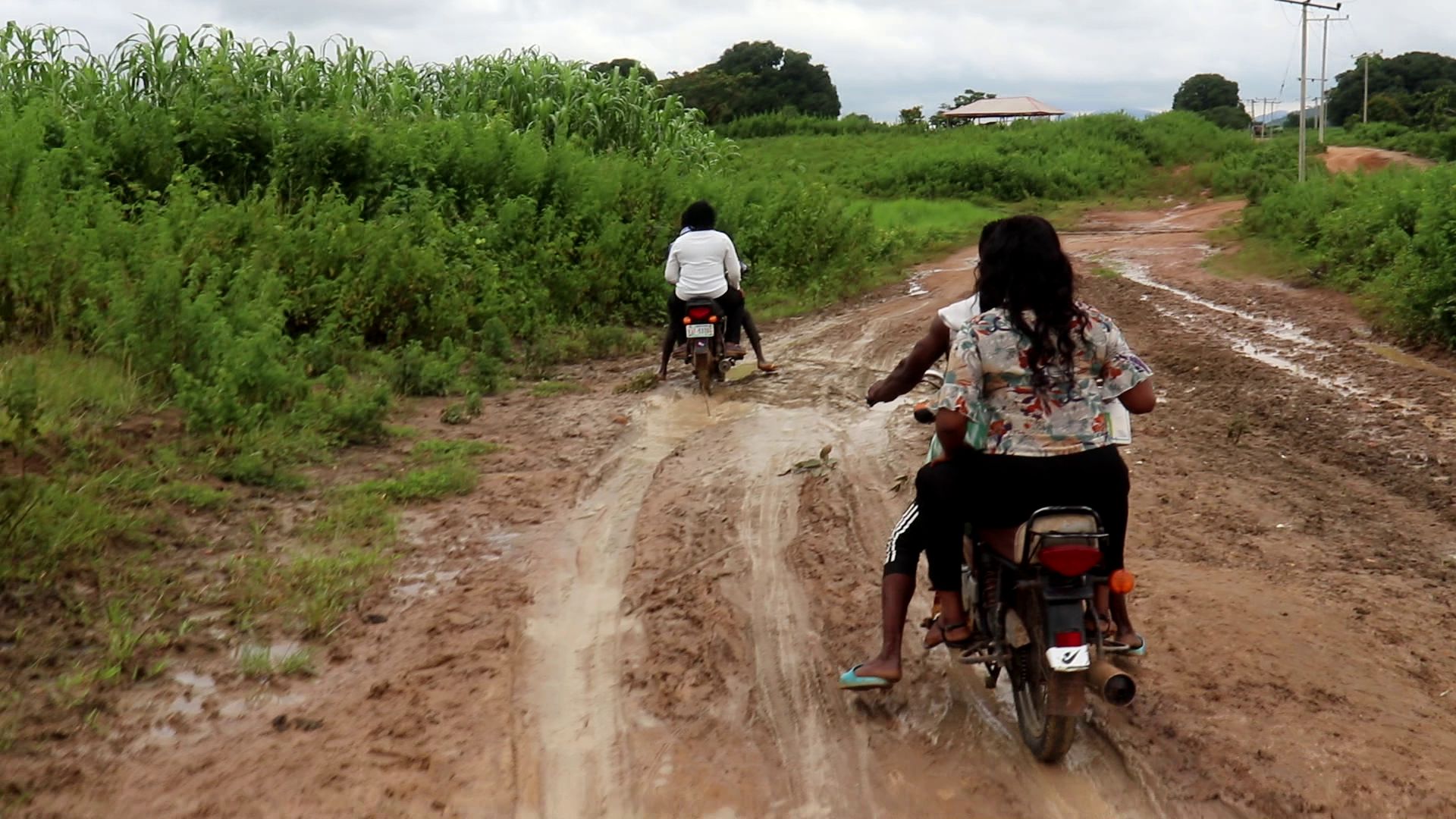
Share this Article
